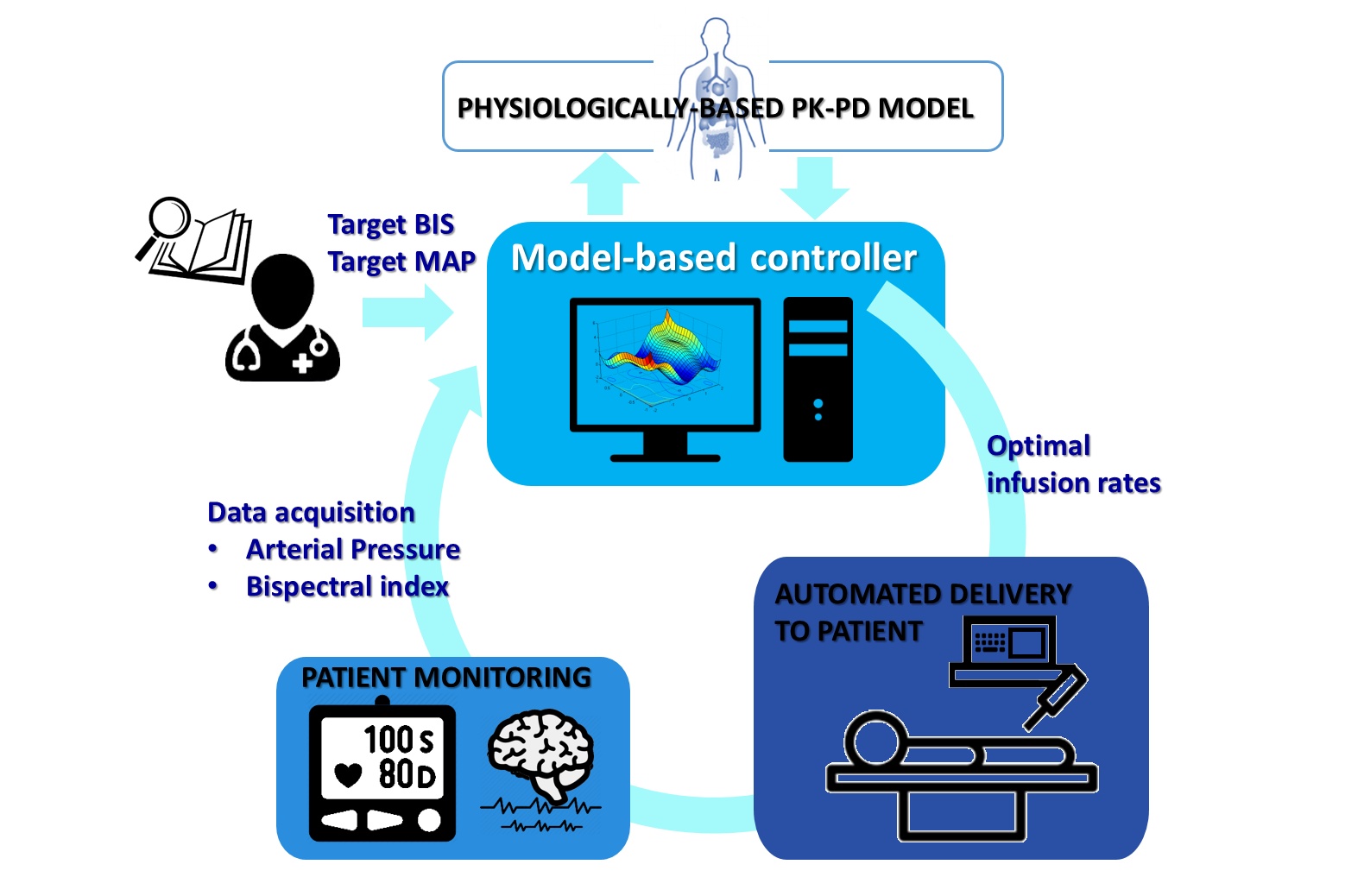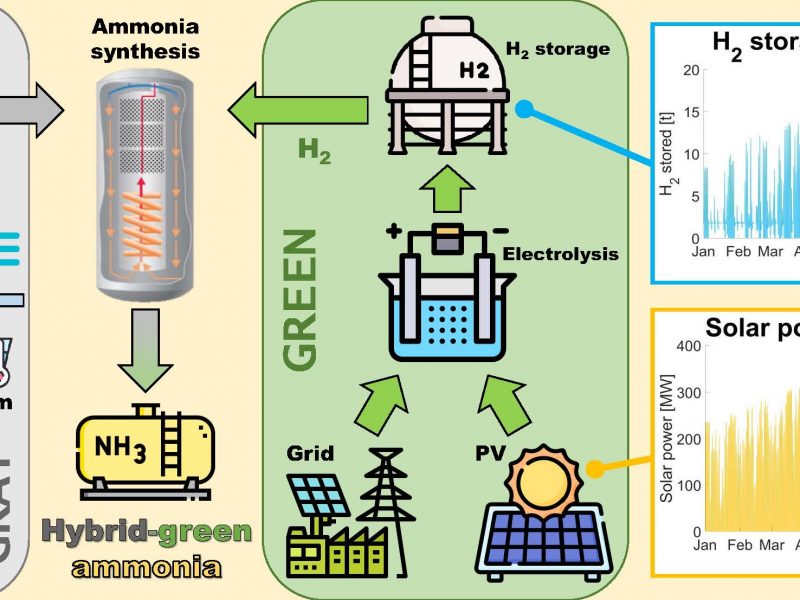PSE-Lab just published a new paper!
We carried out a long-time and in-depth research on model-based control tools for automated anesthesia in operative rooms which took to the following article on “Biomedical Signal Processing and Control” of Elsevier:
A physiologically-based approach to model-predictive control of anesthesia and analgesia
Adriana Savoca, Davide Manca
DOI:Â https://doi.org/10.1016/j.bspc.2019.04.030
Abstract
The application of closed-loop control systems in biomedicine unlocks prospects for optimized drug delivery based on the measurement of patients’ physiological variables. However, inter-individual variability and narrow therapeutic indexes are issues that must be carefully considered. We propose an in silico study of a model-based controller of anesthesia and analgesia with propofol and remifentanil, based on bispectral index (BIS) and mean arterial pressure (MAP) measurements. A physiologically-based pharmacokinetic (PBPK) model, combined with a suitable pharmacodynamic model, allows describing and differentiating the dose-effect dependency for the virtual patients. The controller delivers a safe and fast induction of anesthesia, with mean rise times below 3 min and controlled variables within the clinical safe ranges. The PBPK model allows gaining complementary information about the dynamics of the drugs absorption, distribution, metabolism, and elimination in the body. Special attention is devoted to simulate realistic intraoperative surgical stimuli and noise on the controlled variables. The controller successfully rejects disturbances on BIS and MAP related to nociceptive stimuli (e.g., intubation and incision) via a robust control action, and is not diverted by noise.
Keywords: model-based control; anesthesia; analgesia; pharmacokinetics; pharmacodynamics; simulation; propofol; remifentanil
You can take advantage of a 50-day period to download the paper for free till July 3rd, 2019.


